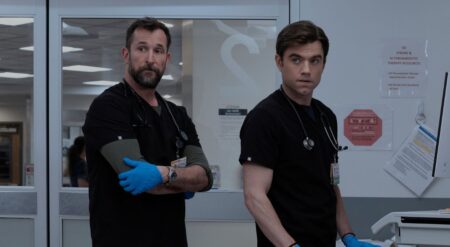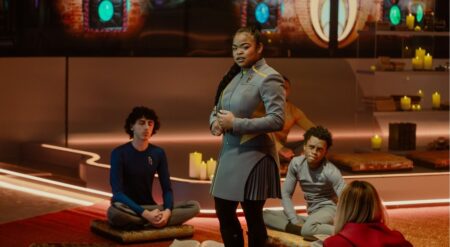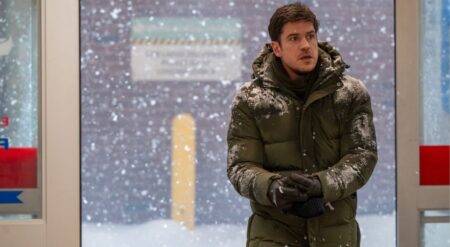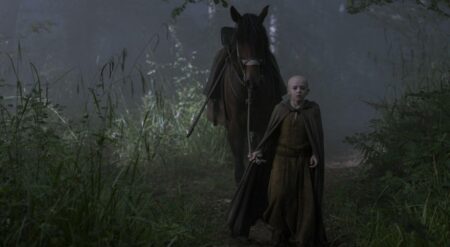Doctor Who has been built around change, yet it always hurts when change comes around. Doctor Who Season 2 was created by the BBC in collaboration with Disney. The sci-fi show has existed for over 60 years, featuring a Time Lord who travels through time and space, fighting monsters and saving lives. This season starred Ncuti Gatwa as The Doctor and Varada Sethu as Belinda Chandra, with Russell T. Davies as the showrunner. After Belinda is involuntarily whisked away from her home, she and the Doctor are blocked from returning to her time by an unseen force, with glimpses of a shattered world on May 24, 2025.
What’s fascinating about Doctor Who Season 2 is that there’s an overarching plot that threads through every episode. In other seasons, each episode or two-part episode had been largely self-contained. However, in this season, there is a goal for the Doctor and Belinda to return home, rather than exploring the universe. Each location they reach starts with an intention to gather data so they can make it home, before a situation drags them into the streams of the specific story.
This story arc is therefore not so overwhelming that it takes away from the individuality of the episodes. The idea of not being able to return to modern-day Earth is an intriguing one. It’s a reverse concept to what the Third Doctor faced, where he was trapped on Earth. But instead, Davies and the other writers are forced to imagine other worlds and times, instead of relying on returning to the companion’s home in Doctor Who Season 2.
Due to being unable to set the story in modern-day London, there is an impressive variety of episodes in Doctor Who Season 2. Perhaps the best selection of different episodes in a long time. Each story brings a new idea and concept. There are scary sequels, African-set stageplays, intergalactic song contests and animated adventures that shatter the fourth wall. As a selection of episodes, the diversity is incredible, and the quality of the stories is just as brilliant.
Davies and the other episode writers push the boundaries of the science fiction genre to the edge of comprehension. Davies has used outside influences to create new Doctor Who stories. References to plays, TV shows, and other sci-fi movies can all be seen in these episodes. As has always been the case, Doctor Who has replicated and adapted other pieces of pop culture whenever possible.
Doctor Who Season 2’s story flounders under its shorter episodic count.
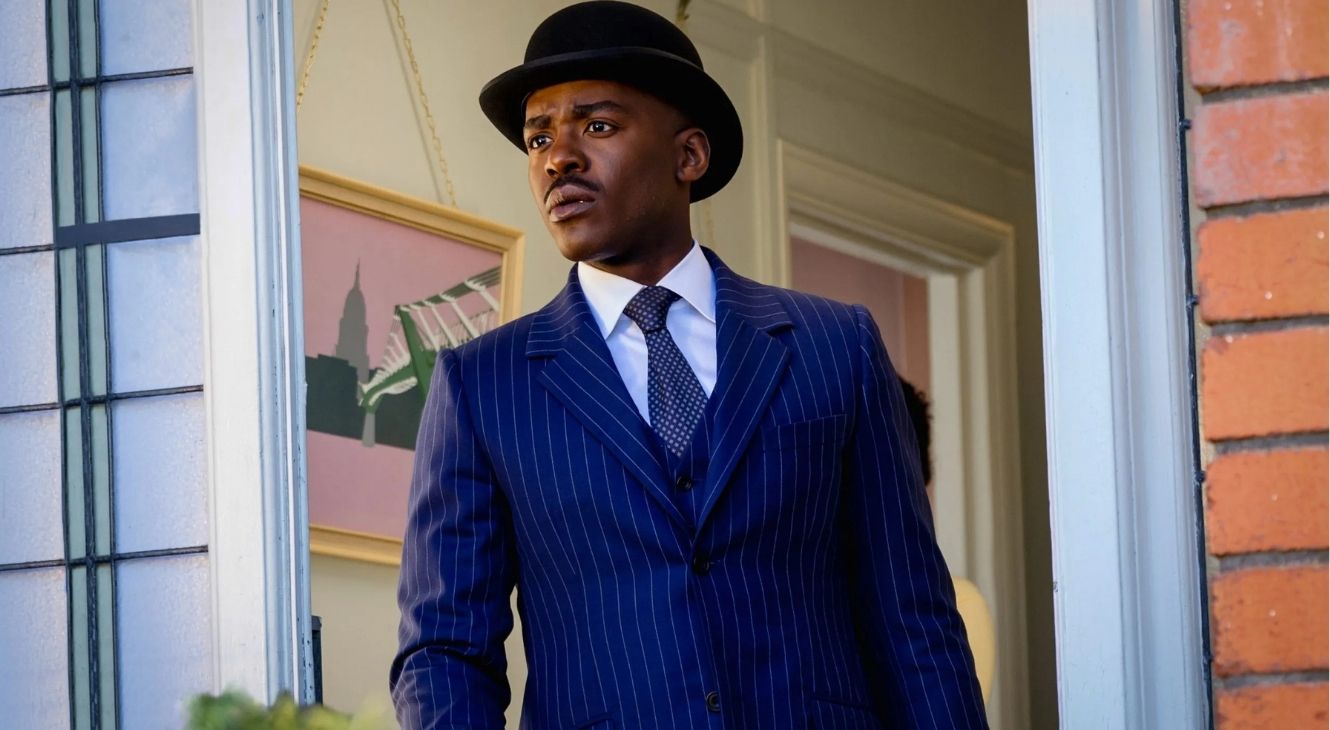
However, there aren’t enough episodes, just like the previous season. Eight episodes do not allow a large chunk of the universe to be traversed. Just as The Doctor and Belinda take off and get to grips with the first foray into time travel and an alien planet, it’s almost time to come back home again. The Doctor Who Season 2 finale is split into two, so it’s really six episodes of adventures, followed by the conclusion. It bunches up the storyline, which can take away so much around the characters and the passing of the season as a whole.
This feels like Gatwa’s first full season as the Doctor. Whilst another season exists, his presence was diminished mainly due to scheduling conflicts. So it’s devastating that Doctor Who Season 2 is also his last. He was a fantastic Doctor and a dazzling performer, truly owning the stage he stood on. He’s a more emotional Doctor, one who radiates happiness and love.
Gatwa has shown anger, pain and even malicious rage, but he will be remembered for being friendly and charming. His appreciation of queerness and his infusion of that into the character have been excellent. His presence in this season gives it so much energy and vibrancy. He is glorious right up until his final moments. But, unfortunately, these final moments happen too soon. This is the shortest stint as the Doctor for a long time, and it really doesn’t feel like we’ve spent enough time with him.
Belinda is an intriguing character because it never feels like she peaks, and yet she’s still phenomenally interesting. There are so many intriguing facets to Belinda when she first appears on a planet named after her. She’s a nurse and instantly rejects the idea of traveling with the Doctor. Belinda desires the danger and stands up to him in his most extravagant yet potentially lethal moments. Sethu seems so strong when this happens. She’s funny and enthralling, but that strength is surface-level because it never shows itself in a meaningful way; she never gets the chance to stand up for herself or fight for the fate of the universe.
Splitting time between two companions forces writers to prioritize their importance.
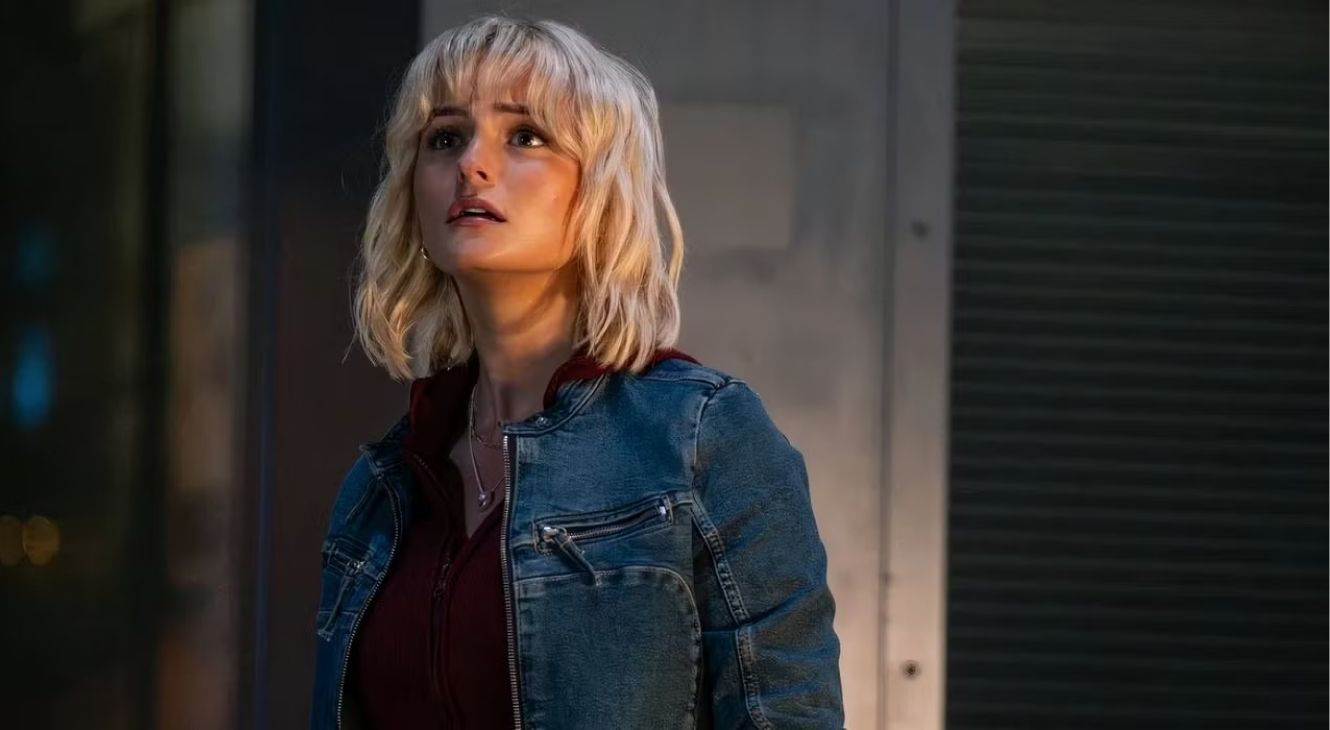
There aren’t many occasions where the Doctor is far away, so there is always backup and guidance to save Belinda. But at the same time, she isn’t the fighter that Rose Tyler and Martha Jones were. She doesn’t even want to be there. Even when a daughter is revealed and her world is in danger, Belinda isn’t given the opportunity to be defiant and defend herself.
That job falls to Ruby Sunday (Millie Gibson), the companion from Season 1. Ruby had the opposite experience. She was the driving force behind that first season and was often left to her own devices in a truly isolating fashion. Season 1 Episode 4 saw her rejected by everyone in her life and grow old alone in an alternate timeline. And it’s that life she led that makes Ruby crucial to the end of Season 2, as it did in the finale of Season 1.
Gibson is a terrific actress, able to be a part of a team while also delivering on her own. Her story arc is incredible, as it explores what it’s like for those who have travelled in the TARDIS when they go back home, and have to try and build a life back on Earth. She’s in shock from what she witnessed, and is then tormented by another villain in Season 2 Episode 4. But her ending feels incomplete as The Doctor races off to save reality and never returns to say goodbye. Having both the companions present splits the story and is terrific for the plot. But it feels like Ruby does the work whilst Belinda gets that final farewell.
The supporting cast of this resurgent era of Doctor Who makes multiple appearances. The UNIT nerve centre, consisting primarily of Kate Lethbridge-Stewart (Jemma Redgrave), Colonel Ibrahim (Alexander Devrient) and Shirley (Ruth Madeley), is a heartwarming constant that The Doctor and the audience can lean on. It will always be terrific to see them. However, Davies has returned to this group as the setting for three finales and two regeneration stories. This puts a wonderful group of characters in danger of becoming repetitive.
The diversity in casting and storytelling adds extra depth and life to Doctor Who.
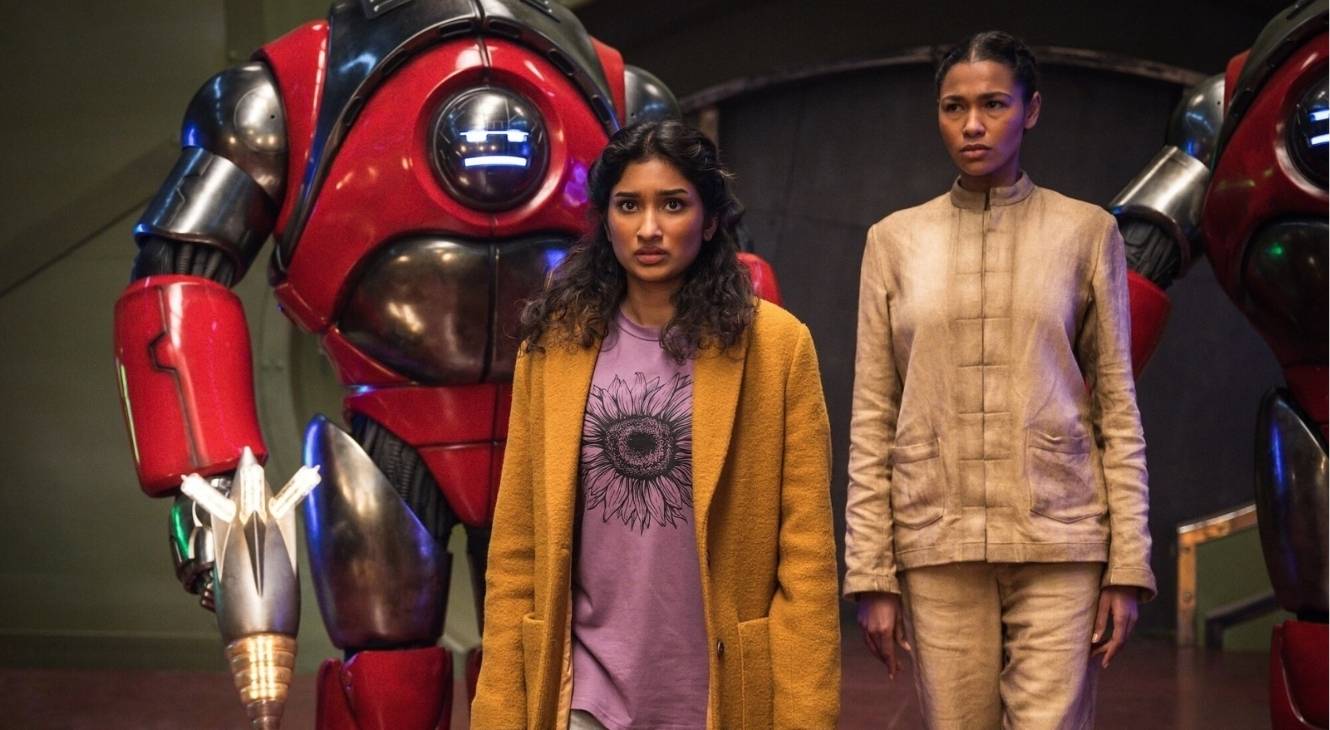
The cast’s diversity should be celebrated. For the first time ever, both the Doctor and his companion are people of color. This is referenced and acknowledged early on because history is not kind or welcoming to those who look different. The Doctor and Belinda have to have that conversation, and it’s really rewarding that Davies didn’t shy away from it.
Doctor Who Season 2 has the first Doctor Who episode set in Africa, the first episode written by a black man, and an episode almost entirely played by black actors or people of colour. There is also a dedication to showing people with disabilities in a light that isn’t just pitied and derided, whilst also employing disabled cast and crew to advocate for themselves.
Disabled characters have crucial roles in the plot and help save the world while also demonstrating the prejudices and difficulties they face in life. Rose Ayling-Ellis gives the finest performance of anyone in the entire season. She is a deaf actress who also aided in the writing and sign language in Episode 3. Doctor Who is not the type of show to receive rewards, but Ayling-Ellis deserves one.
The villains are not repetitive at all. There is only one classic villain that hasn’t been seen in decades, and a returning horror in Episode 3, but they remain unnamed and unseen. This provides opportunities for new faces and new fears. However, it means that in his time as the Doctor, Gatwa never faced off against the Daleks, the Cybermen, the Sontarans, the Master or any other classic villains that have plagued the Doctor for decades. He’s the only Doctor to not come up against one of those monsters. The freshness of the villains is exciting and moves the story further, but The Doctor is not the same without his monsters. More episodes could have provided those opportunities.
The production design continues to astonish and take major creative swings.
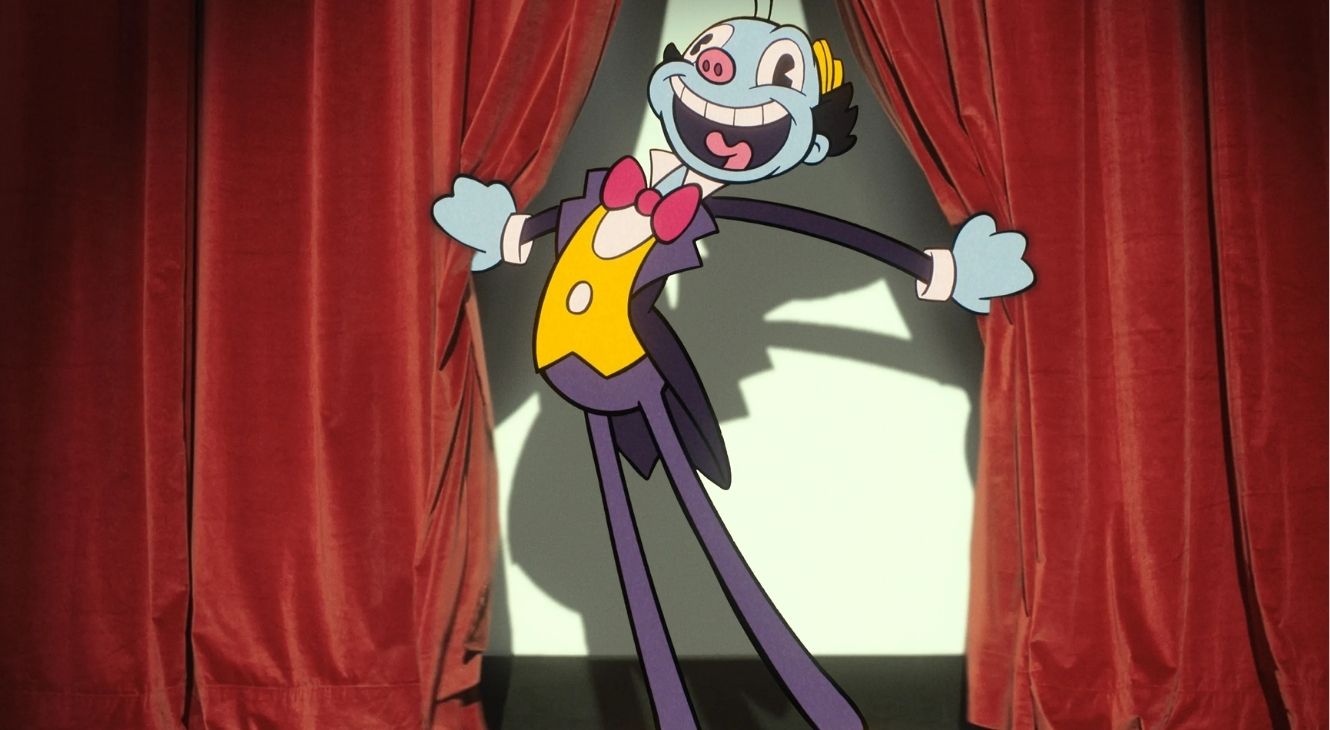
The sets are almost always authentic and built around the characters. The production is unfathomably brilliant. The crew of Doctor Who is among the most talented in the entire entertainment industry. There is a devotion to being as real as possible. The aliens and their worlds are easy to get excited by because they’ve been crafted and moulded into reality. This is the same whether it be a planet, an old cinema or even a marketplace in Lagos, the dedication to making something the actors can see and touch shines through.
Sometimes, that is impossible, though, so the production relies on other means. There is a love and utilization of classic animation methods, with 2D figures appearing in the real world like Who Framed Roger Rabbit. There is also CGI deployed that maximizes the budget, which comes with an alliance with Disney. The battle in the final episode wouldn’t be out of place in a Star Wars movie, yet it feels at home in a British TV show. The production of this show has never tried to cut corners, and now it has the budget to flex its muscles.
Doctor Who Season 2 is one of the most diverse seasons ever. This is true of the cast, the characters, the attitudes, and the episodes, too. It demonstrates just how different every episode of this show can be because there are no rules. There’s also a tremendous amount of love given to those with disabilities and other minorities, providing them with important power and representation. It’s got so many great characters, old and new.
However, there is a lot of sadness around how premature it feels to see Gatwa go. There were more stories to tell with him at the helm, and his time in the TARDIS feels like it has been cut short, with a final reveal that feels like a gut punch. The future of the show is uncertain, especially its relationship with Disney. But Doctor Who will always continue in some way, and will forever strive to survive and surprise.
Doctor Who Season 2 is available on BBC iPlayer in the UK and Disney+ everywhere else.
Doctor Who Season 2
-
Rating - 7/107/10
TL:DR
Doctor Who Season 2 is one of the most diverse seasons ever. This is true of the cast, the characters, the attitudes, and the episodes, too.


